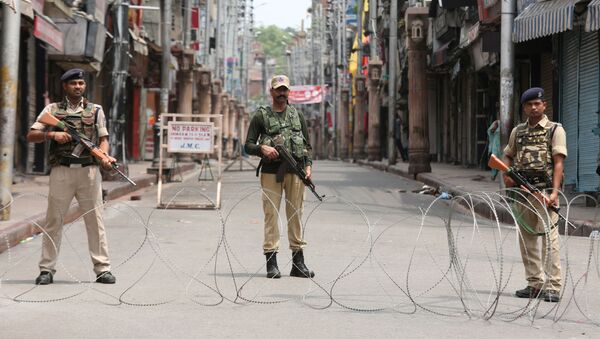The important provisions of the proposed legislation are:
- It takes away the special status given to Jammu and Kashmir
- All provisions of the Constitution of India would now be applicable throughout Jammu and Kashmir, as in any other state
- Sadar-i-Riyasat, prime minister of Jammu and Kashmir, would now be replaced by a governor and chief minister
- The Constituent Assembly of Jammu and Kashmir will become the Legislative Assembly of the state
- Any Indian can now buy land, settle down or pursue any profession in Jammu and Kashmir, as in any other state
The statement of Objects and Reasons of the legislation also specifies that the state be divided – the mountainous region of Ladakh would be split from the rest of Kashmir and Jammu region and form a separate territory under federal administration. However, Jammu and Kashmir territory would have an elected legislature.
Moving the legislation in the upper house of Parliament – the Council of States, India's Home Minister Amit Shah said that the splitting of the state was necessary due to the “prevailing internal security situation, fuelled by cross-border terrorism".
The existing provisions of Article 370 of the Indian Constitution:
- Jammu and Kashmir could have its own constitution.
- The power of the federal government to enact legislation for Jammu and Kashmir was limited to three spheres: defence, foreign affairs and communications.
- Any federal legislation could only be extended to the state with the consent of the provincial government, and had to be ratified by the state’s Constituent Assembly.
- The 'concurrence' was only provisional. It had to be ratified by the State's Constituent Assembly.
- Article 370 could be abrogated or amended only at the behest of the state's Constituent Assembly.




